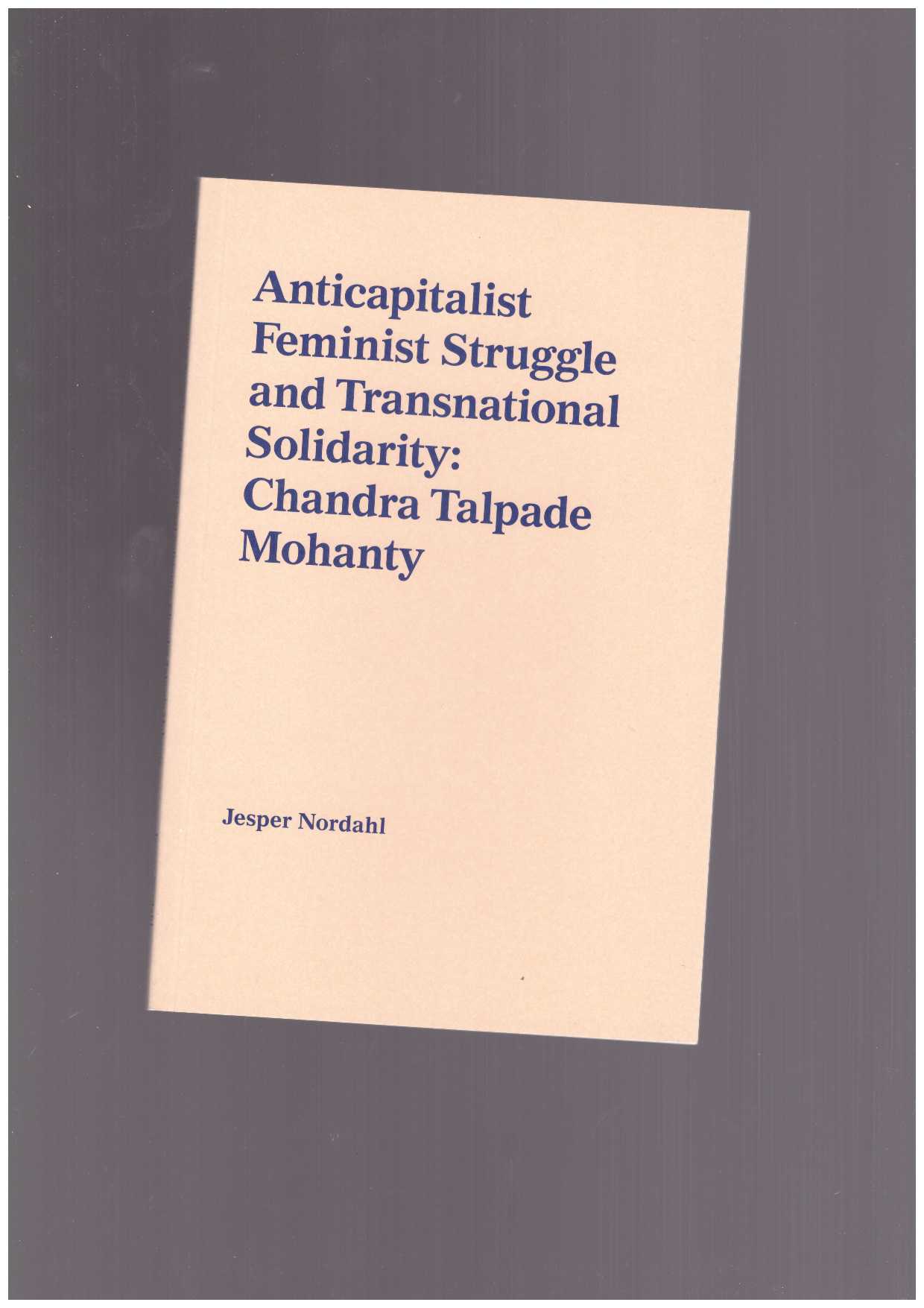stoa felsefesinde doğa ve evren anlayışı (1)
kirkerkaardda kişi olma ve kendini gerçekleştirme yollarını keşfetmek (1)
anarşizmde özgürlük ve eşitlik kavramları (1)
ahlak, özgürlük ve bağımsızlık - simone de beauvoir’un değerler anlayışı (1)
mikhail bakunin kimdir ve felsefesi nedir (1)
demokrasi ve temsilcilik sistemi- j.s.mill’in yaklaşımlarıyla (1)
felsefe tarihi bağlamında martin heiddeger (1)
madde kavramının farklı yönleri - madde nedir (1)
aristoteles ve mantık ilmi (1)
aile ve ilişkiler - albert camu'nun aile kavramına bakış açısı. (1)
the great emu war in australia (avustralya'daki büyük devekuşu savaşı) (1)
liberalizm, feminizm ve çokkültürlülük - susan okin perspektifinden bir bakış (1)
arthur schopanhaurun estetik algısı üzerine bir değerlendirme (1)
sanatta queer temsiller üzerine bir inceleme (1)
julia kristevan’da sembolün işlevi üzerine bir değerlendirme. (1)

|
|
|
|
2024-08-27 08:55
|

|